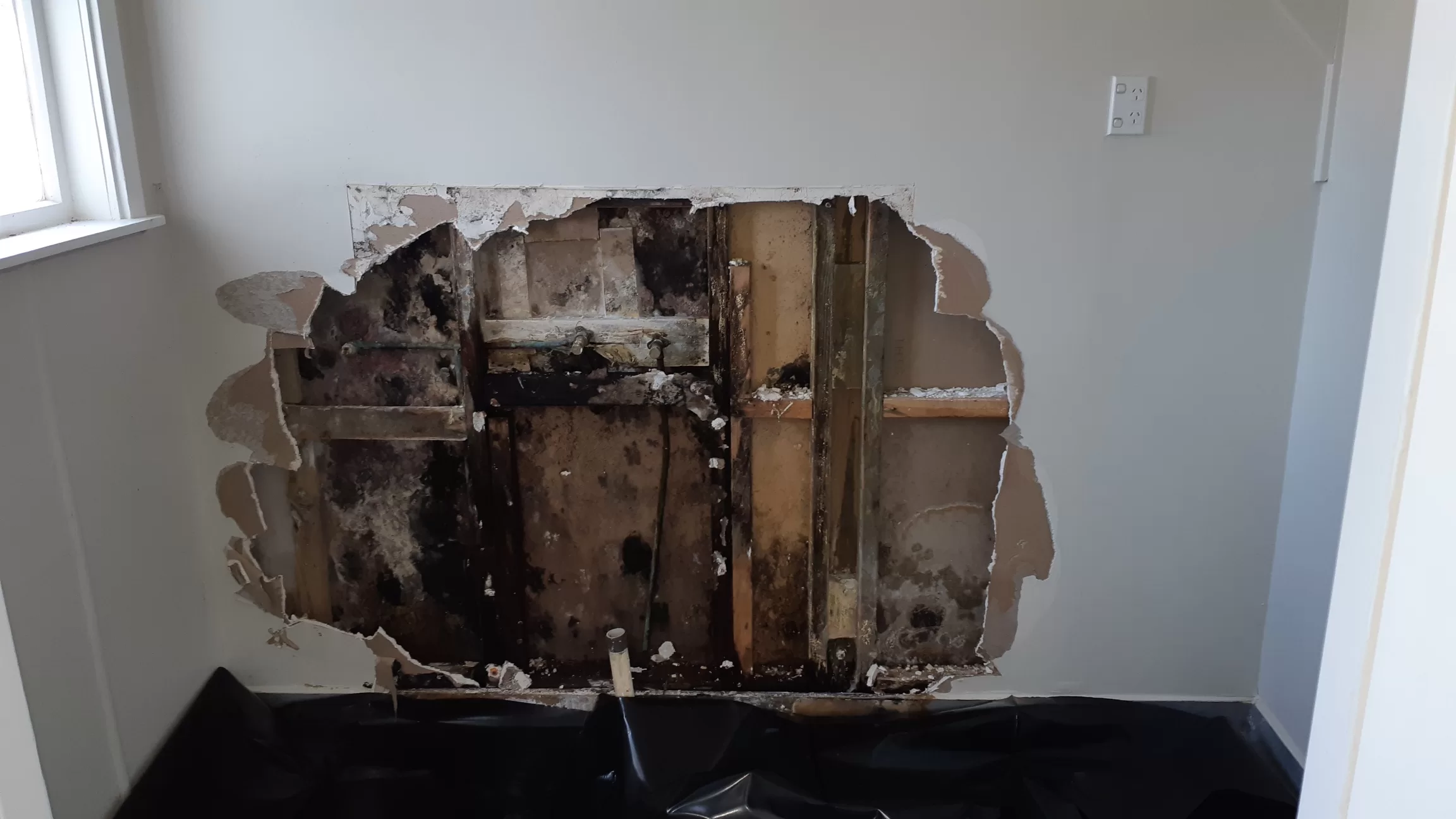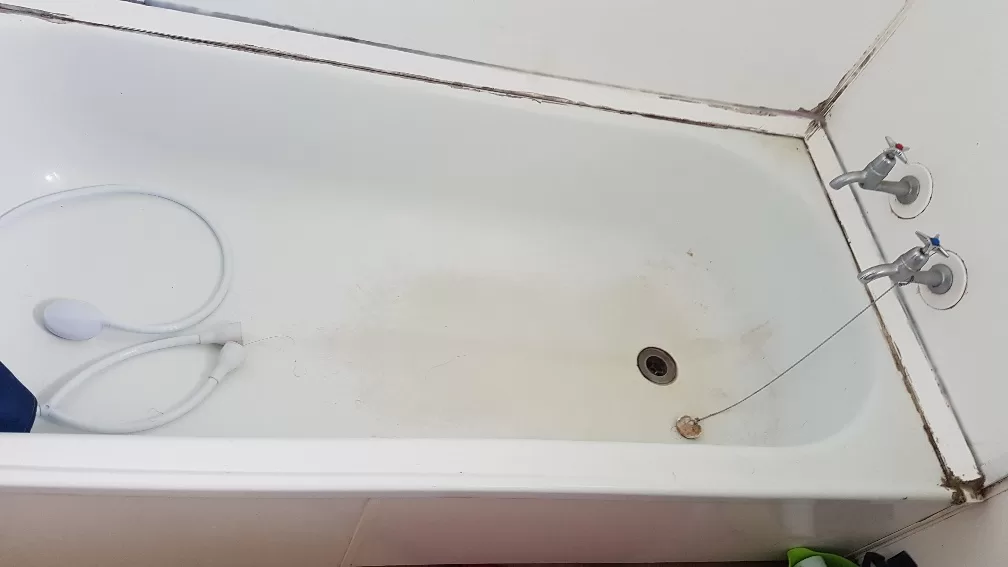“Can I use bleach to clean mould?” It’s a question that pops up frequently, and many people swear by bleach as the ultimate mould killer. However, the truth is a bit more complex. While bleach can be effective in certain situations, it’s not always the best solution, particularly for non-domestic mould.
Let’s break it down. Bleach, with its potent disinfectant properties, can indeed kill mould on non-porous surfaces like tiles or stainless steel. However, it’s essential to understand that bleach is primarily water-based, with some formulations containing up to 90% water. And here’s the catch: Mould thrives on moisture. So, when you apply bleach to porous materials such as wood or concrete, you’re essentially adding more moisture to the environment, which can exacerbate the mould problem rather than solve it.
For small-scale household mould issues, like those annoying black spots on windows or sills i.e. impervious surfaces, a thorough scrub with hot, soapy water is often sufficient for non-porous surfaces. This method helps remove the mould without introducing excess moisture. Plus, keeping the affected area well-ventilated by opening windows can further inhibit mould growth.
However, when faced with severe mould growth, typically resulting from significant water damage or prolonged moisture exposure, the situation becomes more serious. This type of mould, often referred to as toxic mould, can pose health risks and requires professional intervention. Attempting to remove toxic mould without proper training and equipment can inadvertently spread mould spores, contaminating other areas of the property and potentially harming occupants.
In such cases, it’s crucial to enlist the expertise of trained professionals experienced in mould remediation. These professionals employ specialised techniques and equipment to safely contain, remove, and dispose of mould-infested materials, minimising the risk of further contamination and ensuring a safe living environment.
So, while bleach can be a handy tool for tackling mould in certain scenarios, it’s essential to understand its limitations and consider the specific circumstances of the mould problem at hand. When in doubt or dealing with a significant mould issue, it’s always best to consult with mould remediation professionals to safeguard both your property and your health.


